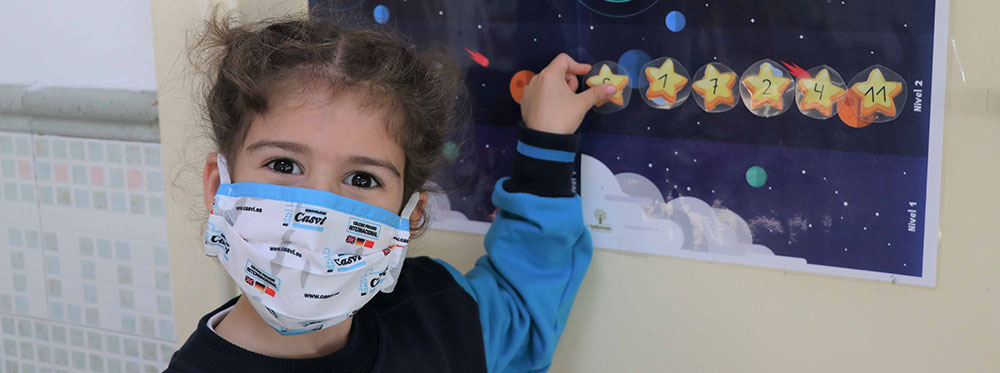Challenges and learning are two key words in the International Baccalaureate Methodology implemented at Casvi, with its three programmes (PYP, MYP and DP). The IB Continuum enables to the students to acquire skills that will be of great use to them both in the present and in the future. These skills are worked on at Casvi from an early age. But why are these skills so important? How do Casvi pupils face the challenges they face in each of these programmes? What are the benefits of these challenges for learning?
Challenges and learning in the PYP Programme
From their earliest years, the pupils begin to recognise their own emotions and acquire skills, including self-control. These skills help them to learn to plan, manage and formalise essential group agreements. With these skills, values as important as responsibility, perseverance and effort are much easier to acquire.
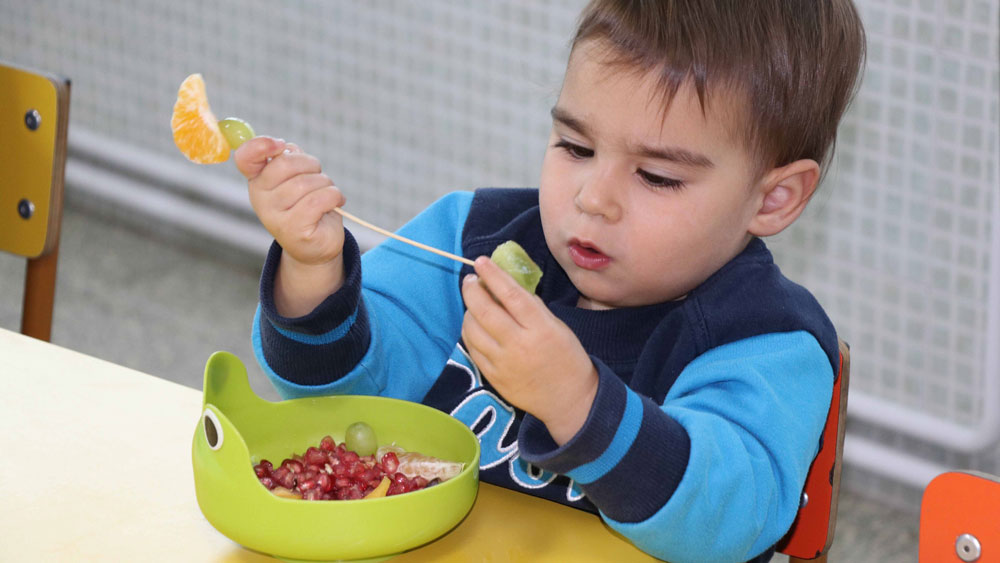
“In this way, we encourage success and the achievement of personal challenges in their day-to-day learning. Overcoming challenges such as starting to write, to read, to dress themselves…, become a personal satisfaction that they share with others,” says Ana de la Calle, coordinator of Kindergarten. “The important thing is that they see that what they learn is useful and serves them for something. That challenges and learning go hand in hand”, she adds.
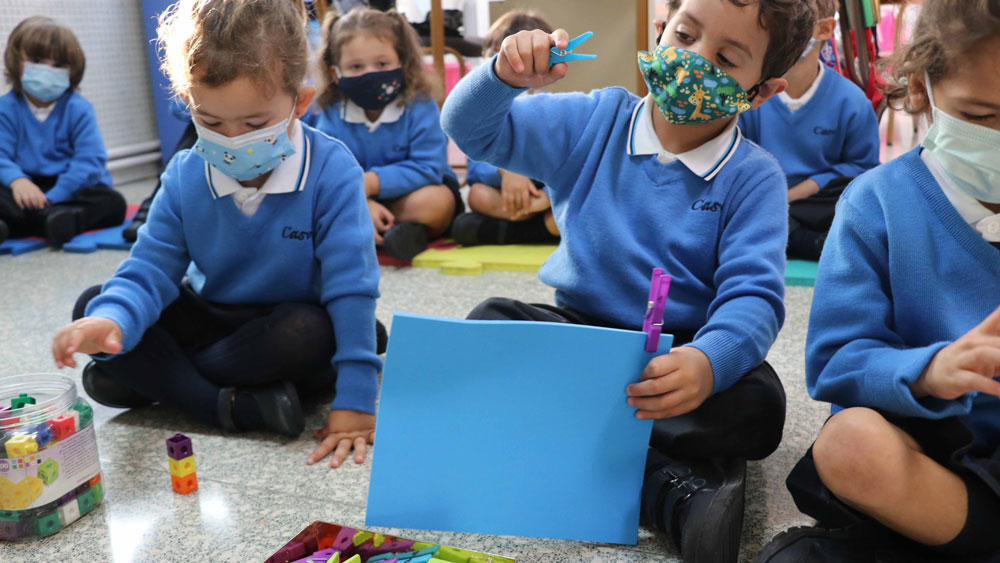
The approach and achievement of personal challenges for a more optimal learning continues in Primary School. In order to successfully complete the different enquiries that are worked on during the course, the challenge of working as a team is fundamental. This is not always easy at this age. In order to do so, each one must take on a responsibility. The aim is that when the enquiry is over, they are able to put into practice what they have learnt in a final work that they will present to the rest of their classmates.
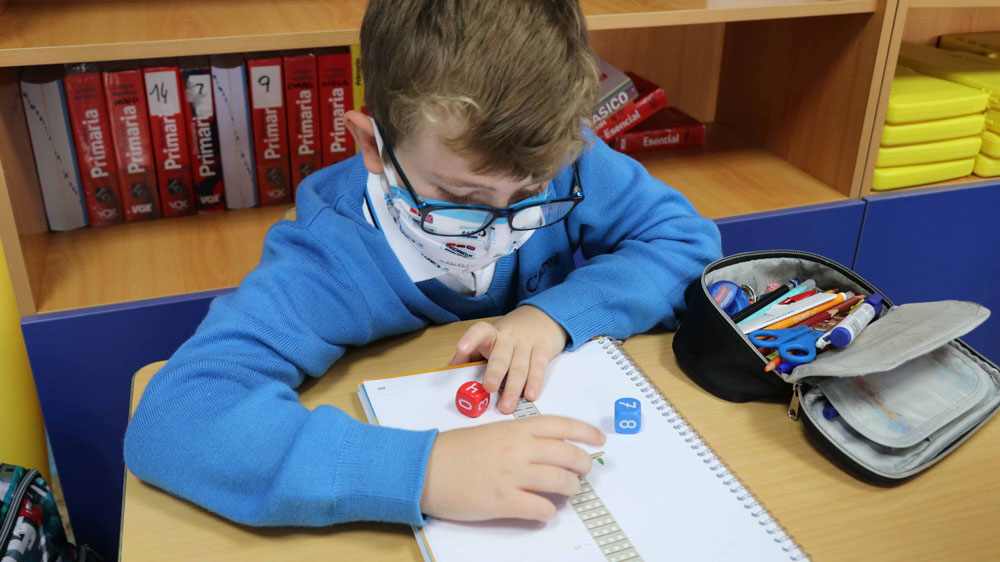
In this way, challenge and learning continue to be inseparable. Thanks to this, they also work on the attributes of the IB profile: good communicators, supportive, informed and educated, or with integrity. “They must work with all their classmates regardless of their affinity with each other,” says Gema Grañeda, PYP coordinator.
Challenges and learning in the MYP Programme
Within the MYP stage, and within each of the different subjects, in order to obtain the highest marks in the exams, our students have to be able to solve challenging situations.
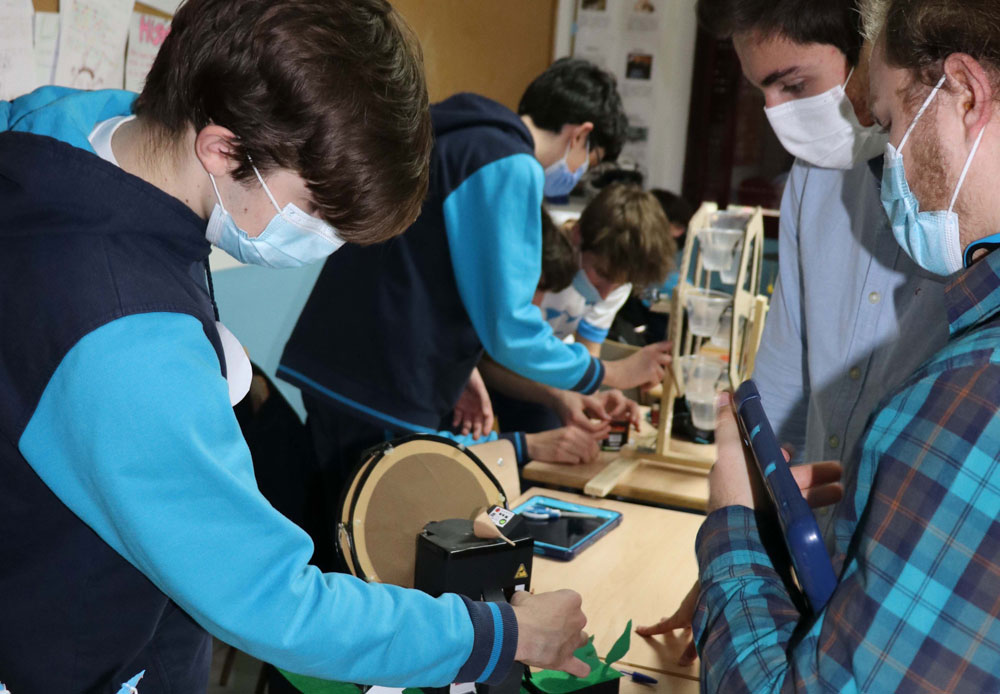
Unfamiliar situations which, “are best worked on in the classroom in groups. Beforehand, they will have been given some basic guidelines on what we are studying. With these guidelines and the sources of information available to them, in collaborative learning groups, they have to be able to solve these situations that the teachers, or even they themselves, present them with”, says David Vozmediano, MYP coordinator. “They have to do it by consensus; until everyone agrees, they can’t move on to the next exercise”.
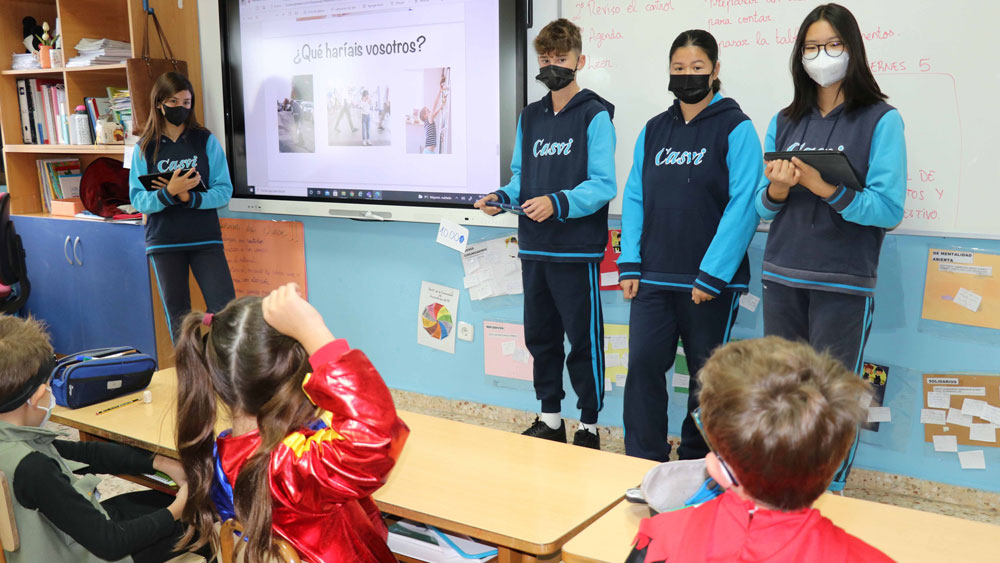
Another way of challenging themselves is “when you confront them with work on topics of their own choice”. As happens at the end of primary school, a clear example can be found in the personal project they have to present, in this case, in 4th Grade. “From there, our students have to be able to deal with it by means of a rubric where they state that what they are doing is a challenge for them. In fact, one of the things they have to include in those rubrics is a self-assessment of their own work”, continues the MYP Coordinator.
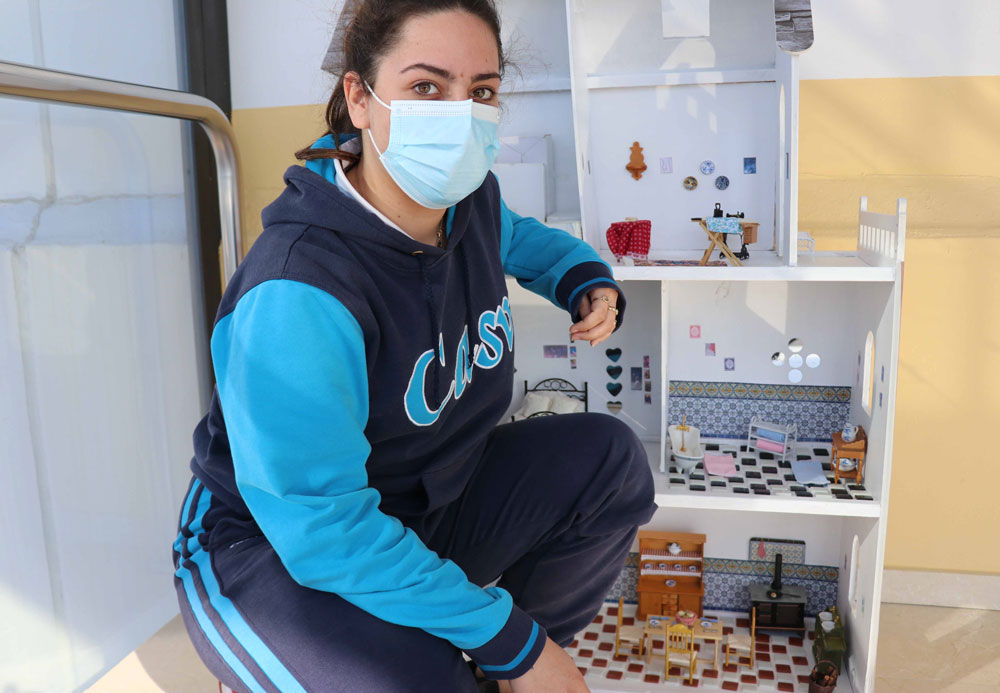
Another example of challenge and learning we can be found in the “Service Learning” projects, where students put their acquired knowledge and skills into practice in a real way, by carrying out projects that benefit society.
“They are now immersed in the Eco School. Exposing them to an environment that is not their own is also a challenge for them”. But as he always advises them: “the more difficulties they have, the more important it is that they do it, in order to incorporate more skills that will make it easier for them to overcome these challenges”, concludes David Vozmediano.
Challenges and Learning in the Diploma Programme
In the Diploma Programme, the students continue with the same work dynamic. Challenge and learning continue to be a maxim. The difference is that here they have to be even more autonomous. In addition, they have to be able to manage their time perfectly because the evaluations are external. They take place at the end of the two years of the Programme. In the MYP it is the Casvi teachers who evaluate. In the Diploma Programme this is not the case.
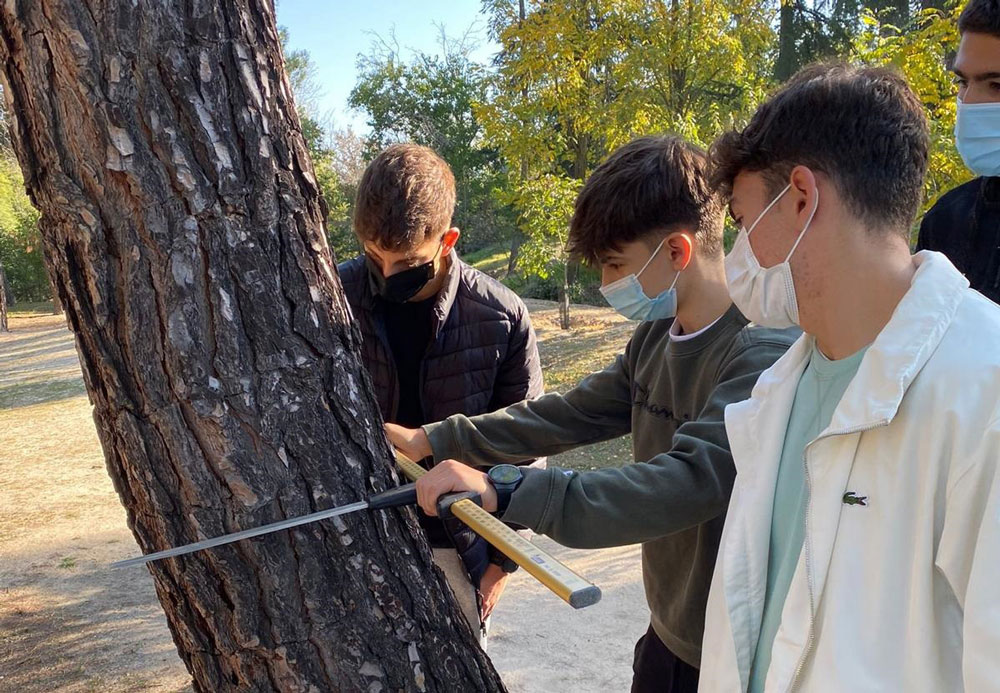
Nevertheless, and thanks to this verticality in learning that has been carried out from an early age, Diploma Programme students are able to face life with sufficient tools to develop themselves on a personal, academic, and professional level. When it comes to choosing their subjects, their career, or their own life project. They can find the best universities in the world, as the Diploma Programme opens the doors to all of them.
